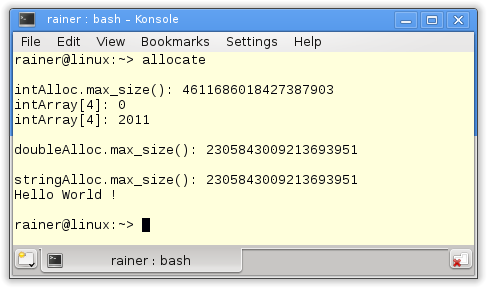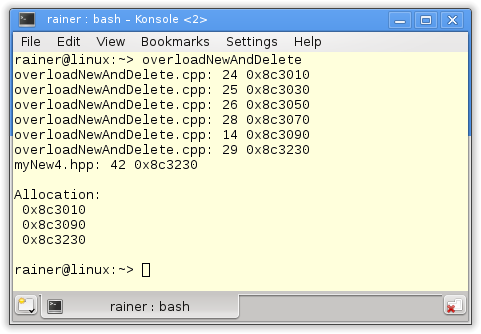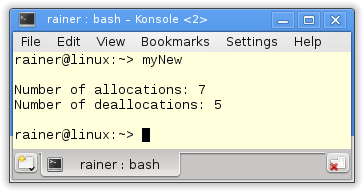Posts

C++ Core Guidelines: Rules about Don’ts
/
0 Comments
This post is about don'ts. Here are this post's two most important rules: Don't use std::move thoughtless…

Memory Pool Allocators by Jonathan Müller
After I have written a few posts about memory management in C++, I'm very glad to present Jonathan Müller,…

Pros and Cons of the various Memory Allocation Strategies
In C++ you have the choice between various memory allocation strategies. In addition to the frequently…

Strategies for the Allocation of Memory
There are a lot of different strategies for allocating memory. Programming languages like Python or Java…

Memory Management with std::allocator
What is common between all containers of the Standard Template Library? They have a type parameter Allocator…

Overloading Operator new and delete 2
I overloaded in the last post operator new and delete. Therefore, finding memory leaks and getting the…

Overloading Operator new and delete 1
It happens quite too often that a C++ application allocates memory but doesn't deallocate it. This is…

Explicit Memory Management
Explicit memory management has in C++ a high complexity but also provides great functionality. Sadly,…
